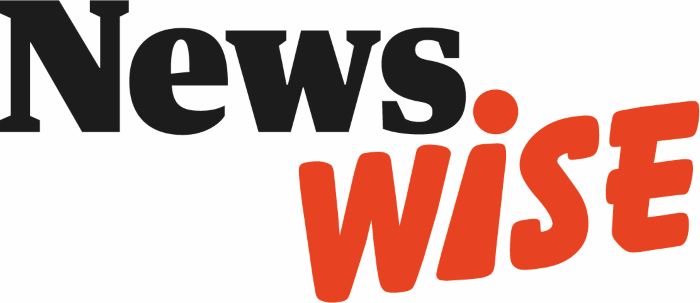NewsWise is a project created by the Guardian Foundation, the National Literacy Trust and the PSHE Association to help teach primary school students about the dangers of misinformation.
Sorcha Hughes, the NewsWise Volunteer Coordinator answered some questions about what the project is all about.
Can you give a brief overview of NewsWise and what its aims are (i.e. how many schools are signed up, what happens when they do etc)?
NewsWise is an award-winning, cross-curricular news literacy project for seven-to 11-year-olds across the UK, set up by the Guardian Foundation, National Literacy Trust and PSHE Association.
Recognising that we live in an era of major national and international political change and disinformation, we aim to empower children with the skills and knowledge they need to navigate this confusing world. We want to help them engage with and enjoy news, to challenge misinformation and have their own values and opinions.
NewsWise is free for schools. Schools signed up to the programme are offered a news literacy workshop and a unit of work with over 60 resources including lesson plans, videos, teacher training, news literacy webinars, family workshops and opportunities to meet practising journalists and student journalists. The offer also includes a National Literacy Trust membership, giving schools access to even more resources.
In the three years NewsWise has been running, we have reached almost 7,000 pupils and 2,000 teachers and thousands more people have engaged with our digital resources, which are free for everyone to access via our website.
Why do you believe it’s so important for children to be news literate (especially during lockdown but also with easy access to social media)?
Today’s children are growing up in a globalised world and are processing information from a wider range of sources than ever before. To navigate the potential pitfalls of consuming news, particularly online and on social media, children need strong critical literacy skills.
It’s really important that children know how to spot false or misleading information and how to find quality, trusted news sources. The NewsWise programme equips children with the skills to stop and think before sharing a story, consider whether it’s trustworthy or not, and then decide whether to share it.
One of the most popular NewsWise activities is our ‘fake or real quiz’ – a selection of unlikely or surprising headlines and pictures designed to show that it can be difficult to tell at first glance whether or not a story is true. But news literacy goes beyond spotting fake news, and during the last year it’s been important that children know how to navigate and cope with an overwhelming news story – and what to do when news stories are upsetting.
We also want children to understand how the news is made and who works in the industry so that they can envisage themselves becoming journalists in future. We want the media to become more diverse and representative, so raising career aspirations and showing children what journalists do is a vital part of our programme.
How does it personally feel to be involved in such a cool scheme, making a difference to young people?
I love being involved in NewsWise; I joined the team just as we were going into lockdown last year. It is still an uncertain time for everyone, particularly children and young people. I’m grateful to be helping students boost their confidence in navigating the news.
The results of the programme are really inspiring – our 2019-20 evaluation report found twice as many pupils were able to tell whether a news story was real or fake (from 32.7% to 67.2%) and pupils were more than twice as likely to feel able to tell if a news source was trustworthy (33.3% to 82.8%) after taking part in the programme.
In my role, I’m fortunate to see students meet journalists and listen to the engaging and interesting questions that they ask. I also love working with our NewsWise volunteers – they are passionate about working in journalism and keen to share their knowledge.
Is there anything you would like to specifically mention that I’ve not covered?
We’re really proud of how we adapted and responded to school closures under lockdown. We created a home learning pack to help families learn more about the news together, and the Happy News Project, which encourages children to break up the cycle of negative news stories with a focus on happy, uplifting stories. We kept news literacy education going when it was really needed, and even managed to get children meeting real journalists during lockdown. We’re looking forward to what this year brings and meeting more budding fake news detectives and young journalists!
Read more:


 Gavin Williamson: ‘Teachers are top priority to get the vaccine’
Gavin Williamson: ‘Teachers are top priority to get the vaccine’